PM Orban delivered a speech at the anniversary celebrations of Weltwoche, the prestigious Swiss conservative weekly newspaper, which is 90 years old this year. The event will also include a panel discussion moderated by Roger Koppel, who is the editor-in-chief of Weltwoche and also a member of the Swiss People's Party in the European Parliament.
Politics would be poorer without Weltwoche
First of all: happy birthday! I don't know who was more surprised that this meeting could happen, Weltwoche or me,
– Mr Orban said, opening his speech. Hungary's prime minister said it was a great honour for him, the leader of a Central European country boasting 10 million people, to address the biggest conservative newspaper in the German-speaking world on its birthday. I am one of those who believe that European politics would be poorer without Weltwoche," Mr Orban said.
It is reassuring that German-language newspapers still represent conservative values,
– Mr Orban added, stressing that there is indeed a Hungarian-Swiss friendship. Neither nation is too sentimental, 1956 is something that does not need to be explained here. 1956 was a great suffering in Hungary, so we thank the Swiss for taking in the refugees, and the Hungarians for the respect and esteem they have earned, for which the Hungarians still have a good reputation, he said.
On a more topical note, which is also important, there are more than 900 companies operating in Hungary. So more than 30,000 Hungarian families in the country are fed by Swiss companies,m and trade is constantly growing.
Conservative Speech Brings Instant Stigma
In other European countries, there is progressive liberal hegemony, whereas the conservative speech and agenda carries with it an immediate stigma.
Weltwoche is not like the mainstream media, and I am not like a mainstream politician either, Me Orban said. I hope that the interest is mutual: just as I'm interested in what you think, hundreds of kilometers west of my home country, perhaps the readers of Weltwoche are also interested in what we think about Central Europe, a few hundred kilometers to the east,
– Mr Orban said.
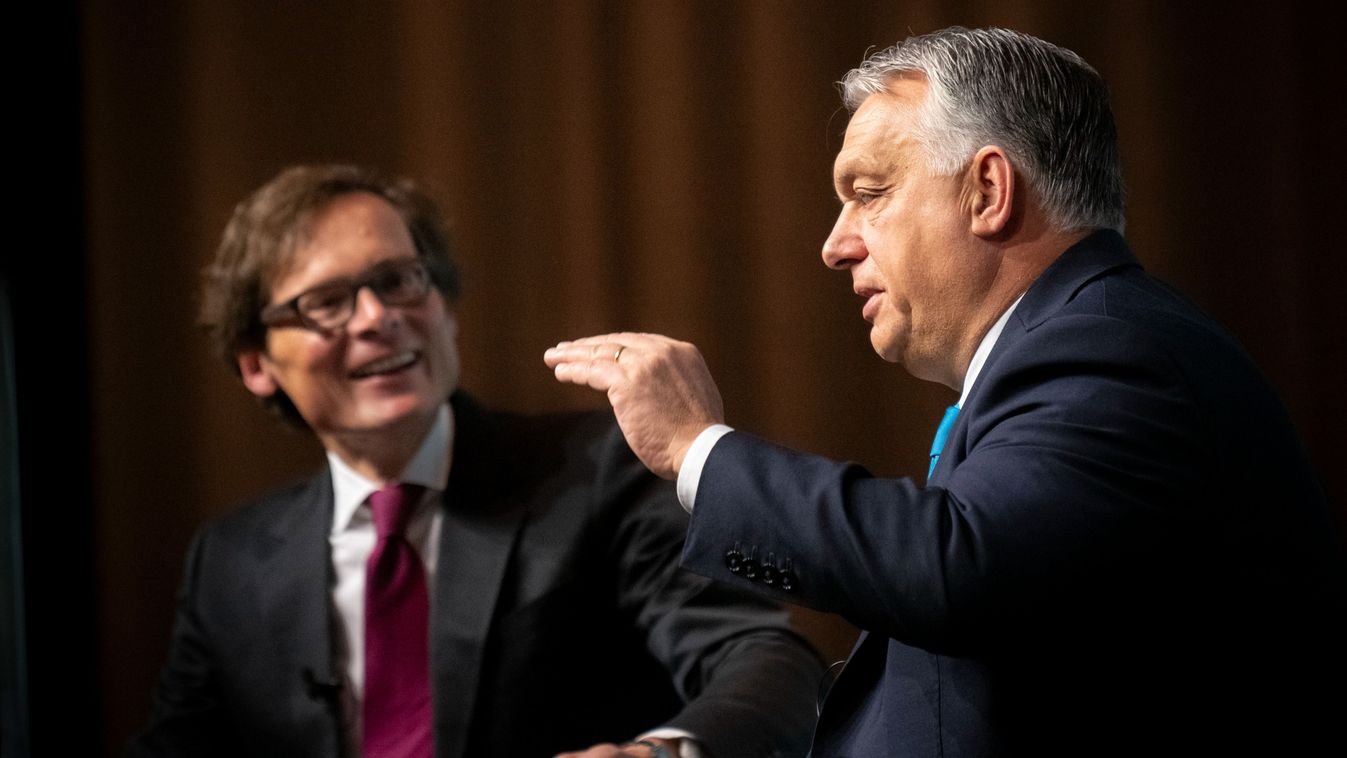
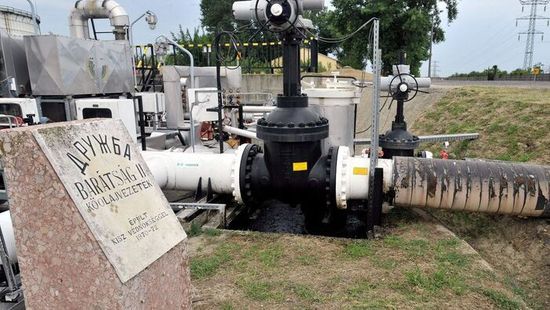
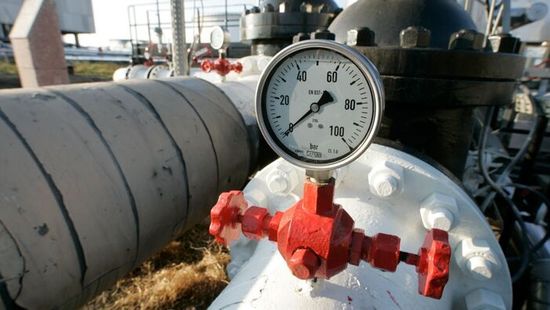
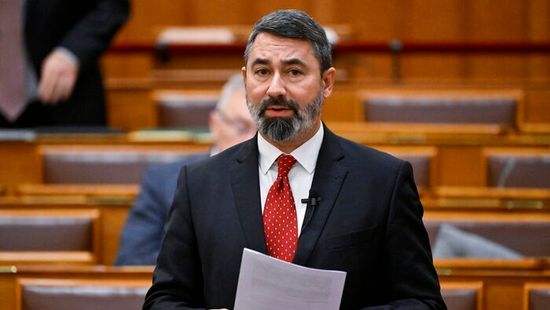
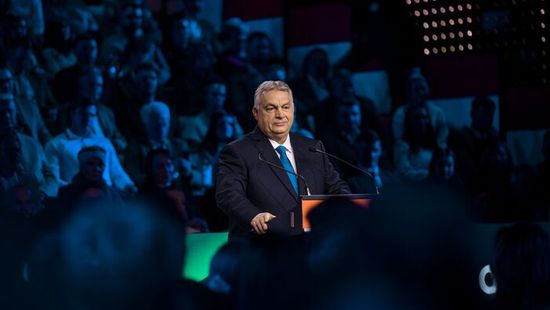

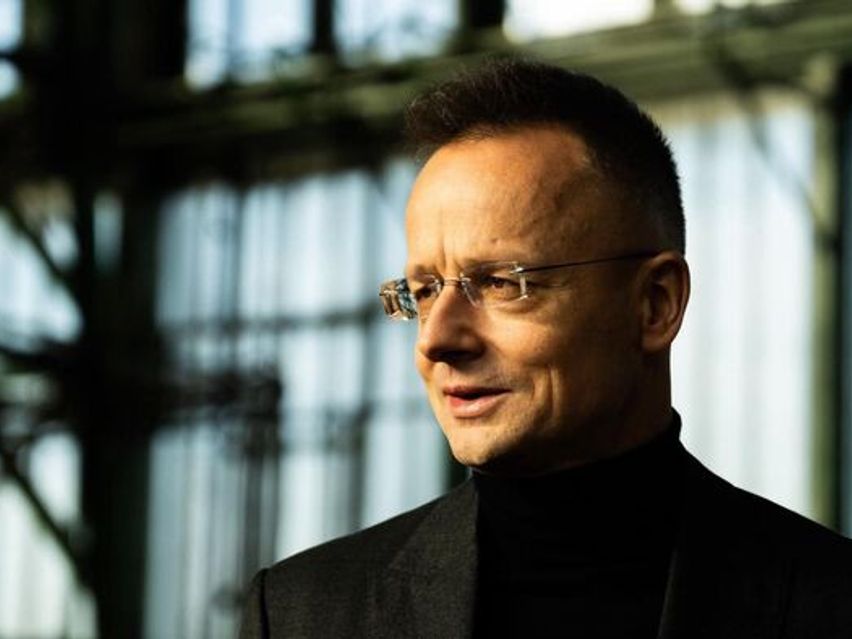
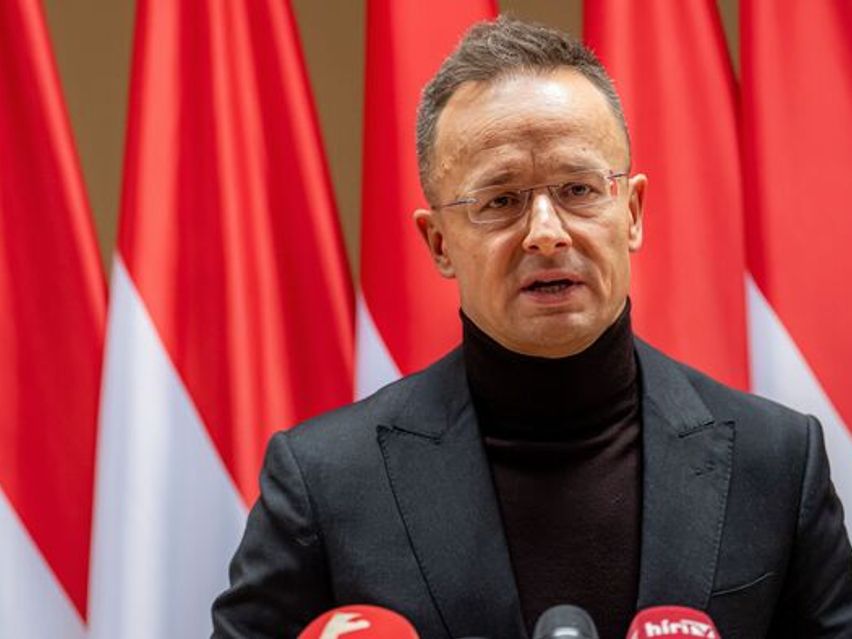
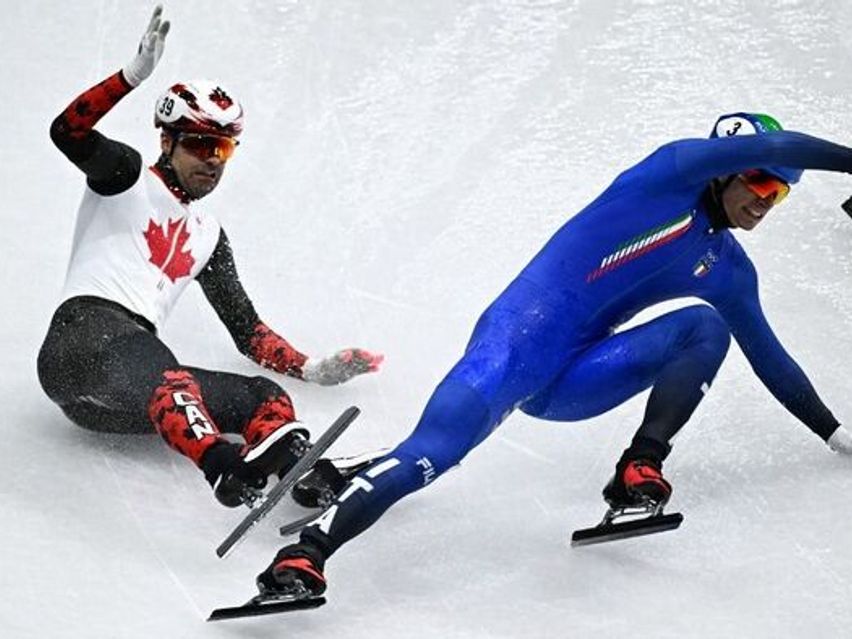


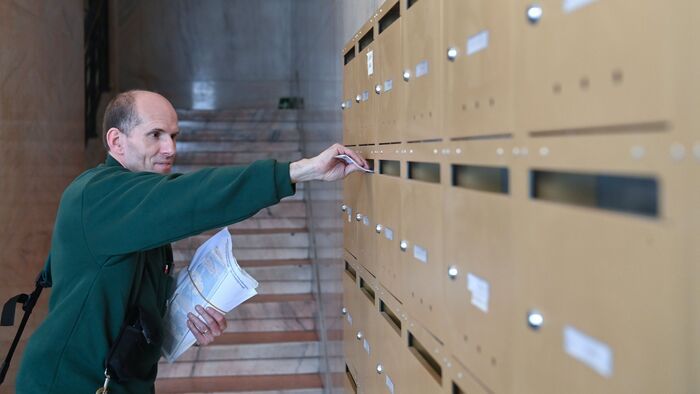
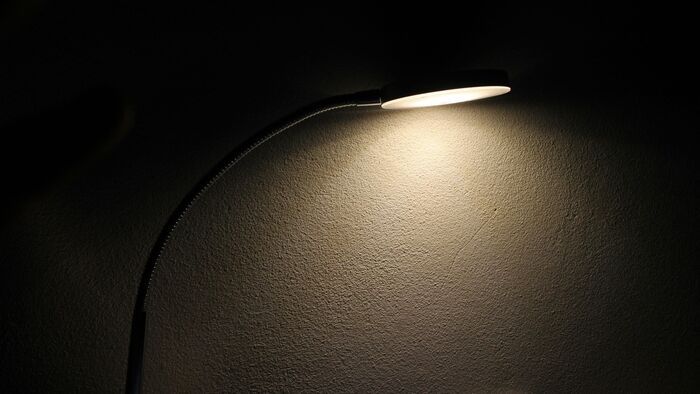
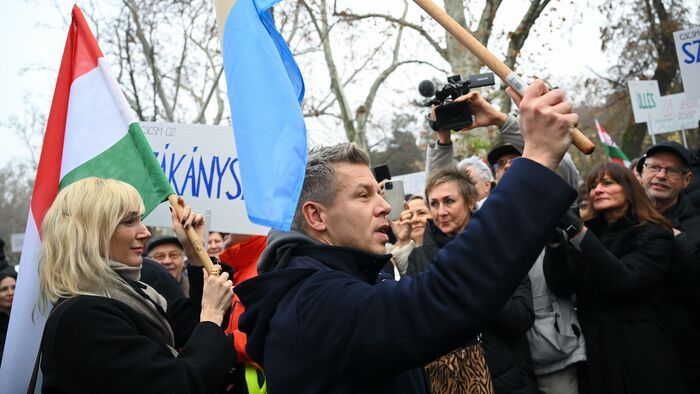
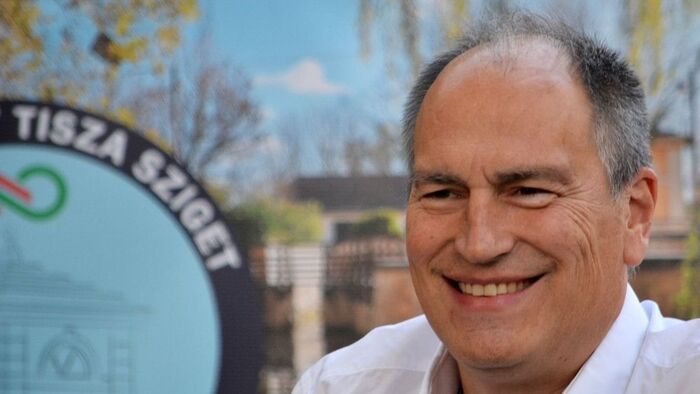
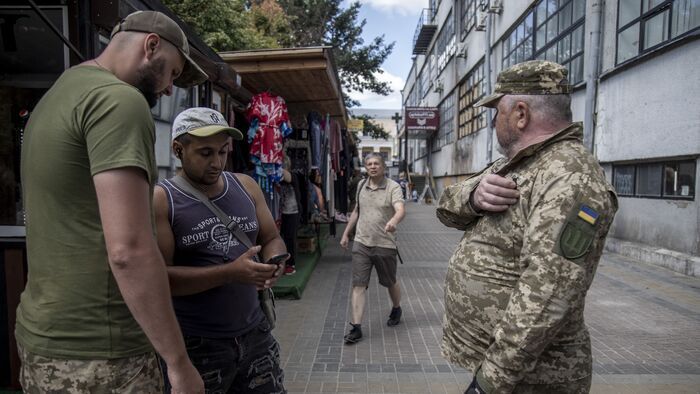
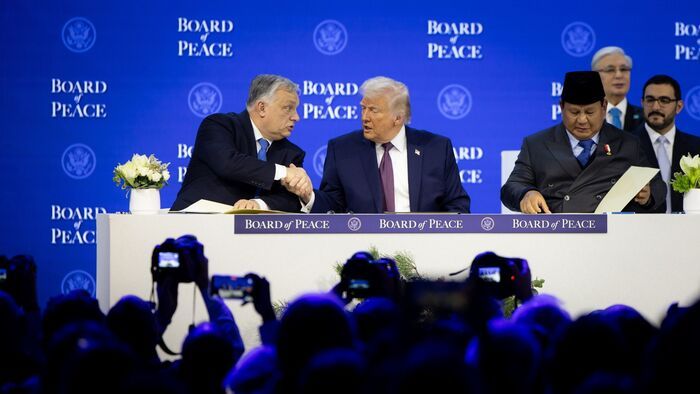
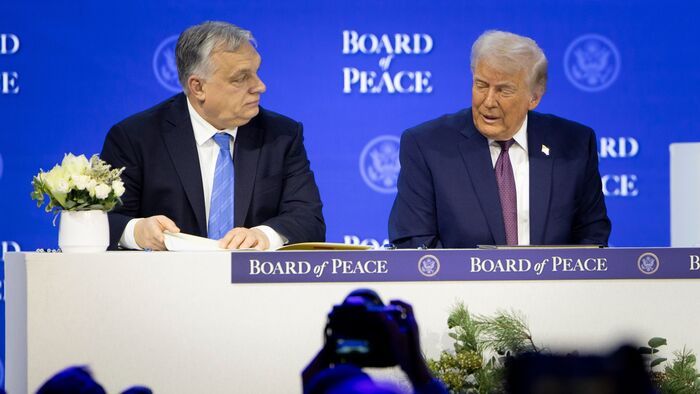
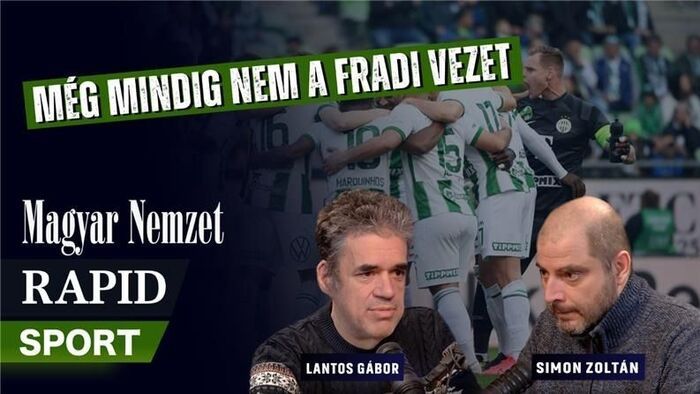
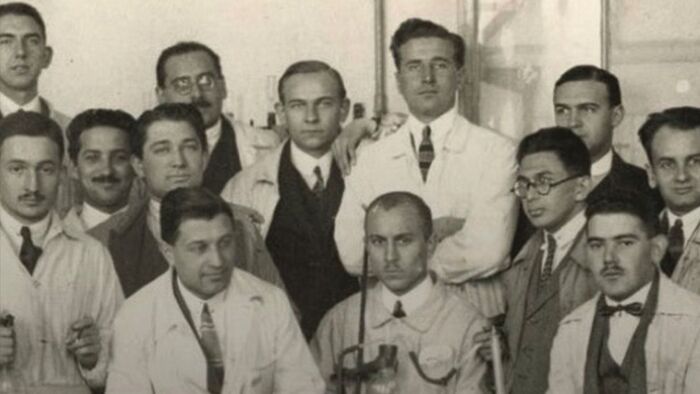
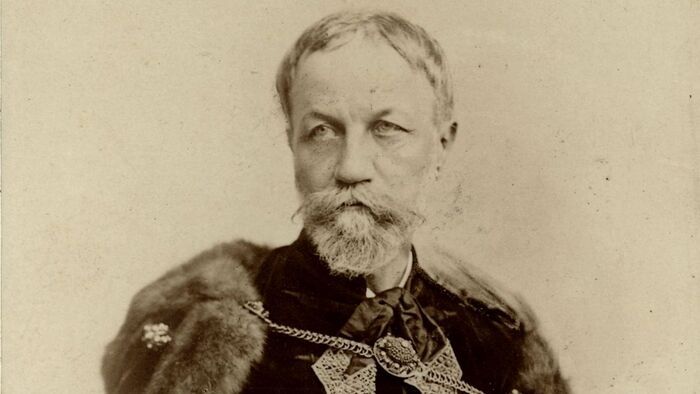

Szóljon hozzá!
Jelenleg csak a hozzászólások egy kis részét látja. Hozzászóláshoz és a további kommentek megtekintéséhez lépjen be, vagy regisztráljon!